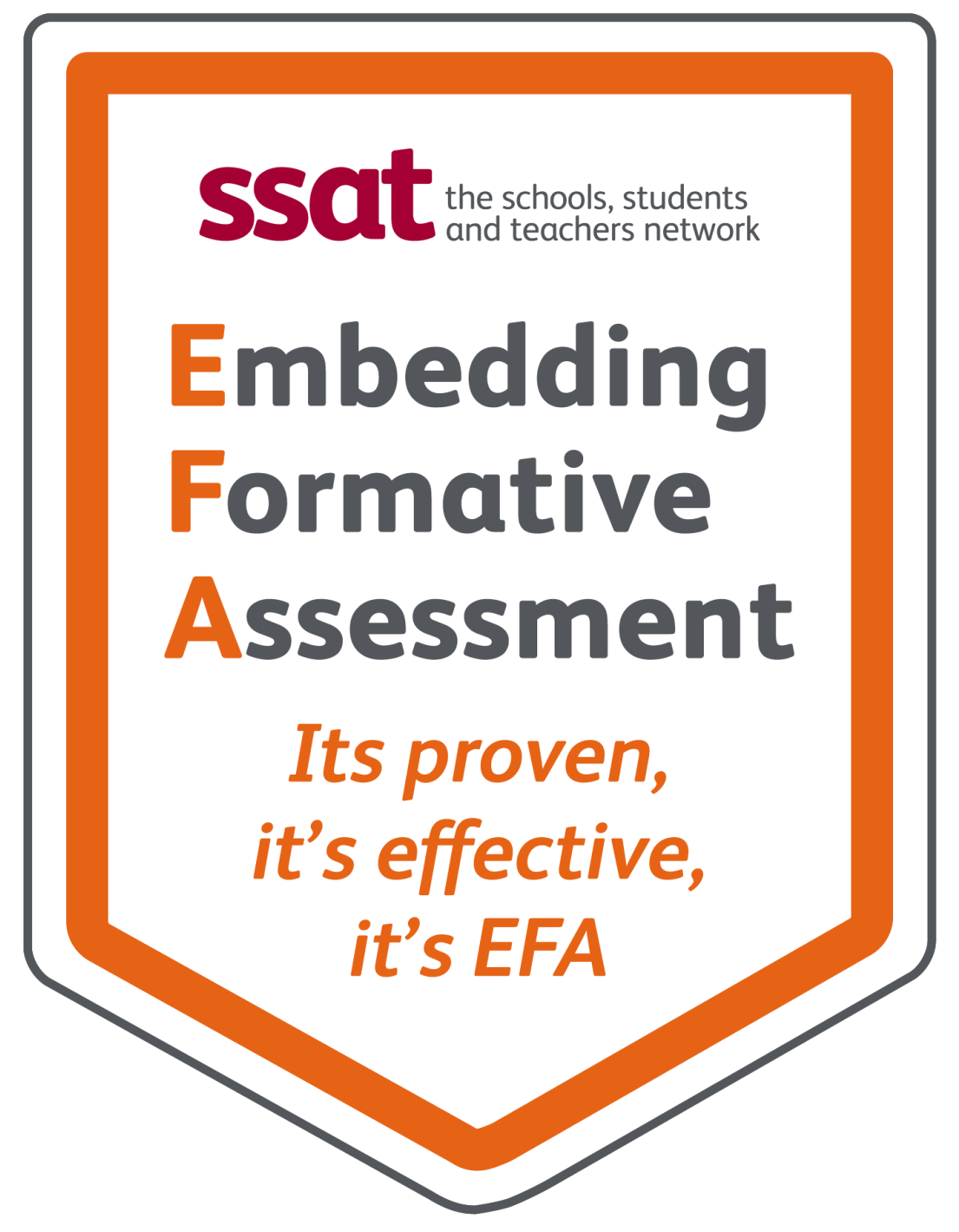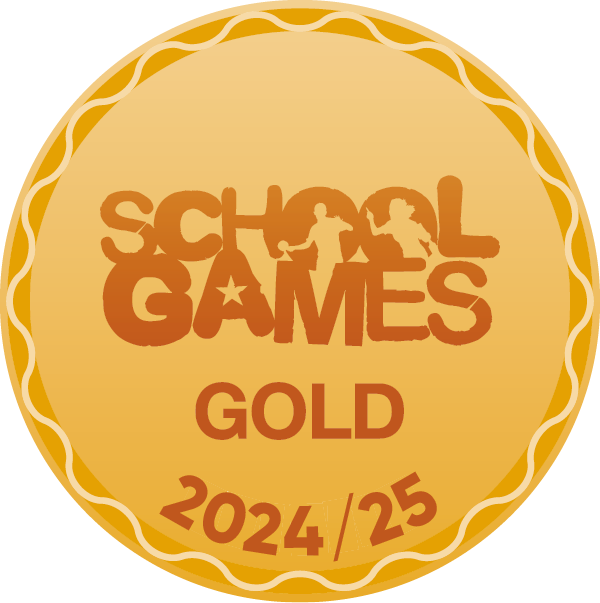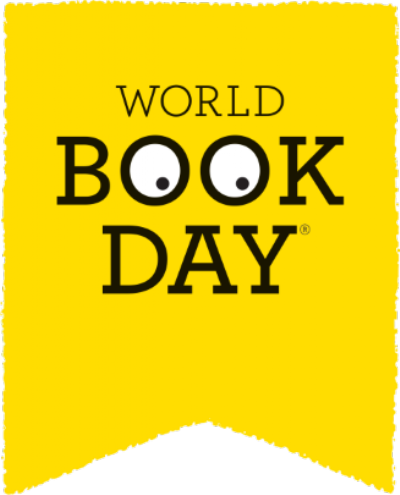A very warm Welcome
As Headteacher, I am pleased to welcome you to our Chadwell Heath Academy website. We pride ourselves on the educational and personal development opportunities embedded in our curriculum. Embracing our school community and working closely with our parents and carers is important to us.
Together we will create a school which is a model of excellence in academic standards, personal development, and respect. Our school will ensure students are provided with every opportunity to achieve their full potential, develop, and demonstrate respect for all and build a strong moral purpose. Mr Poddington
HEADTEACHER

Latest
News
Upcoming
Events
Our
Curriculum
-

Creative Studies
-

Computer Education
-

Drama
-

English
-

History
-

Geography
-

Religious education
-

Law
-

Mathematics
-

Media
-

Modern foreign languages
-

Music
-

Physical education
-

Politics
-

Psychology
-

Science
House Points

1364

1322

2257

999

2081

1234














